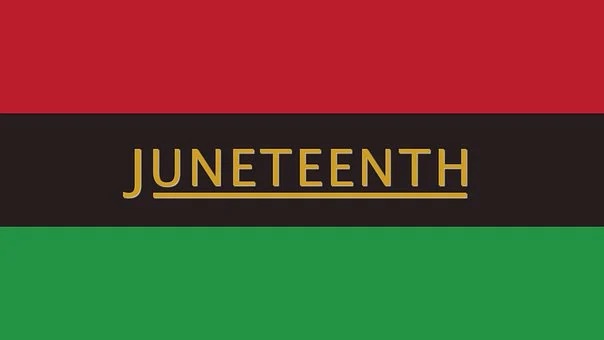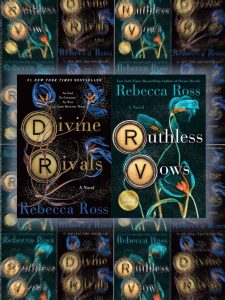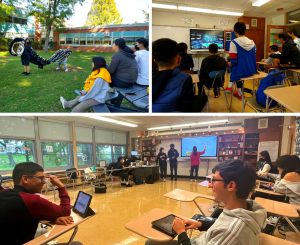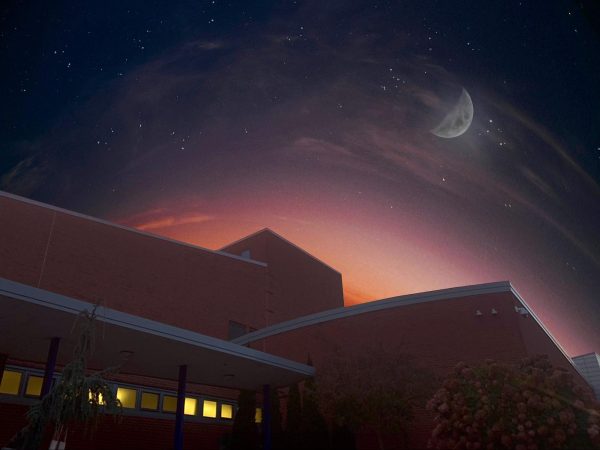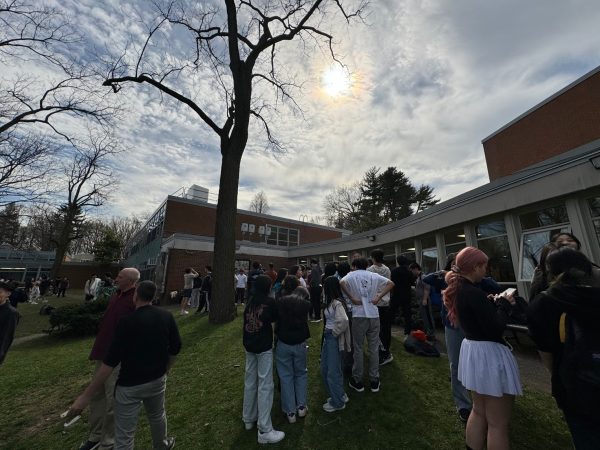Juneteenth: A History, Holiday, and Celebration
June 21, 2022
On Monday, June 20, Great Neck Public Schools employees and students will have off from school to observe the federal holiday known as Juneteenth, the first time our school district has officially observed this event.
Last year on June 17, President Joe Biden signed a bill establishing Juneteenth as the eleventh official federal holiday, the first to be added since Martin Luther King Jr. day in 1983. Juneteenth, a combination of the words “June” and “nineteenth,” commemorates the events of June 19, 1865, when Union General Gordon Granger announced the end of the Civil War and of slavery in Galveston, Texas. This announcement became known as General Order Number 3, which informed people throughout the state of Texas that all slaves were freed. While certain slaves were officially declared freed through the Emancipation Proclamation on January 1, 1863, over two years earlier, many slave owners in the confederacy did not adopt this Union law. Therefore, Juneteenth came to symbolize complete freedom from slavery.
In 1866, just one year after General Order Number 3, formerly enslaved Texans began to celebrate Juneteenth through community events such as cookouts, parades, and church gatherings. On January 1, 1980, Texas became the first state to make Juneteenth an official state holiday. All 49 other states followed Texas’ lead, including New York, which has recognized Juneteenth as a holiday since 2004. Although Juneteenth celebrations were popular during the 1960s Civil Rights movement, many people today are still unfamiliar with the holiday. The current resurgence of Juneteenth can be traced back to the Black Lives Matter protests during the summer of 2020, which promoted the need for equality in our country. The federal recognition of Juneteenth seeks to bring the troubling past of slavery to the forefront of our country’s collective consciousness.
If you are looking to celebrate Juneteenth this year, you can start by learning more about the rich and complex history of African Americans. This can be done through watching films such as the documentary 13th, which argues that the disproportionate criminalization of African Americans today is a perpetuation of inequality reminiscent of slavery. You can also read books, such as Stamped from the Beginning: The Definitive History of Racist Ideas in America by Dr. Ibram X. Kendi, or the shorter Stamped Remix, an adaptation of Kendi’s work by young adult author Jason Reynolds. If you are looking for Juneteenth celebrations, the Second Annual Juneteenth Cultural Festival is happening on Sunday, June 19, from 12–5 in the Hicksville LIRR parking lot at no cost. This festival includes food vendors, Black-Owned business vendors, African drumming, and a variety of performances. Another great way to celebrate Juneteenth is to support local Black-Owned businesses, which can be found on the website blackownedlongisland.com.
Whether you decide to participate in the commemoration of Juneteenth or not, remember the meaning of equality and purpose behind the holiday—it is not just another day off from school.

